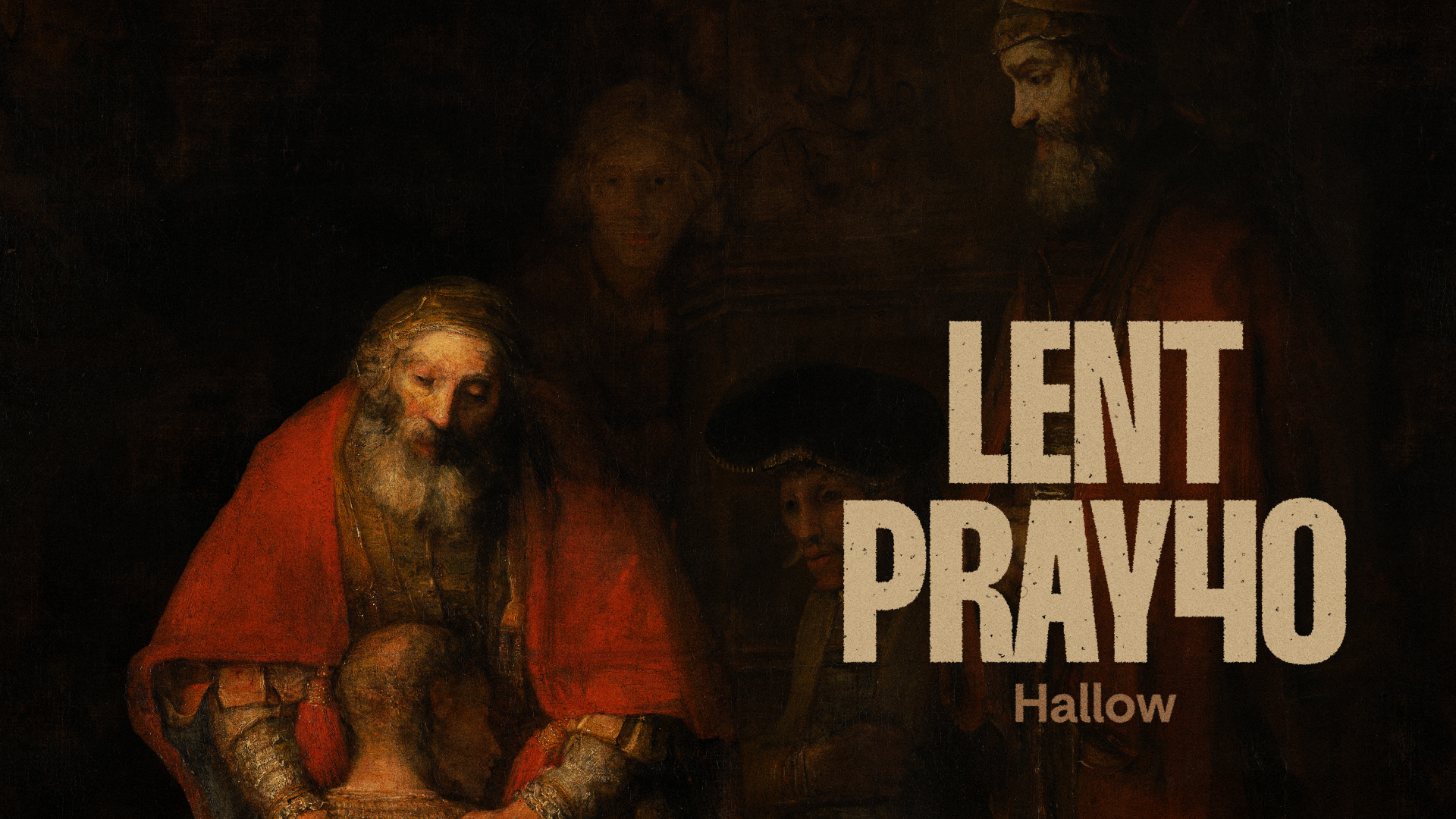
Lent begins on Ash Wednesday, Feb. 18, beginning a season of prayer, fasting, and almsgiving in the Catholic Church.
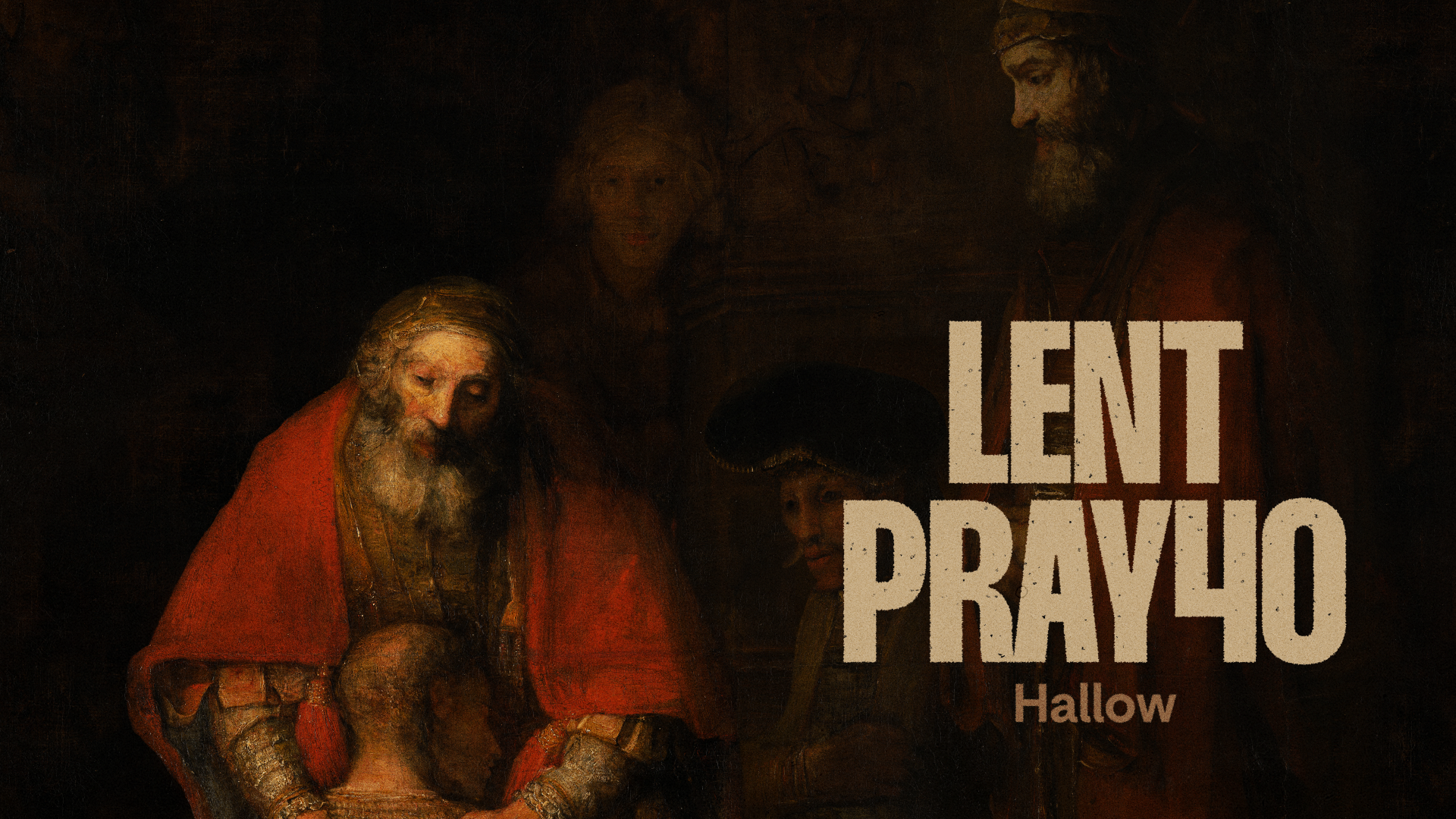

Lent begins on Ash Wednesday, Feb. 18, beginning a season of prayer, fasting, and almsgiving in the Catholic Church.

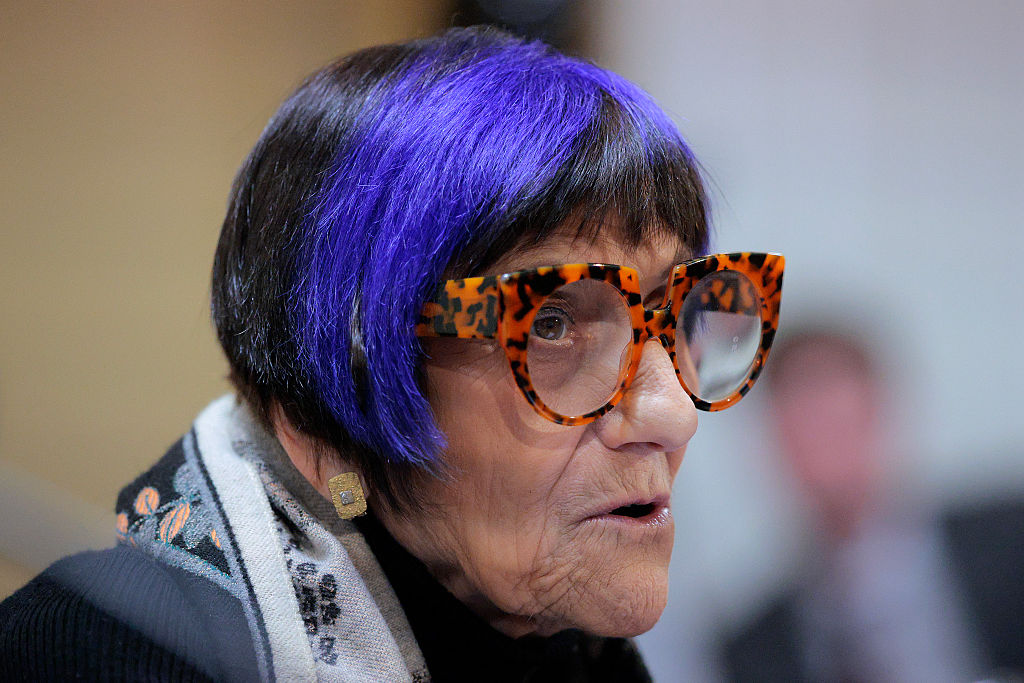
Catholic U.S. House Democrats cited Church teaching in defense of the dignity of migrants as Trump administration officials defend immigration enforcement.
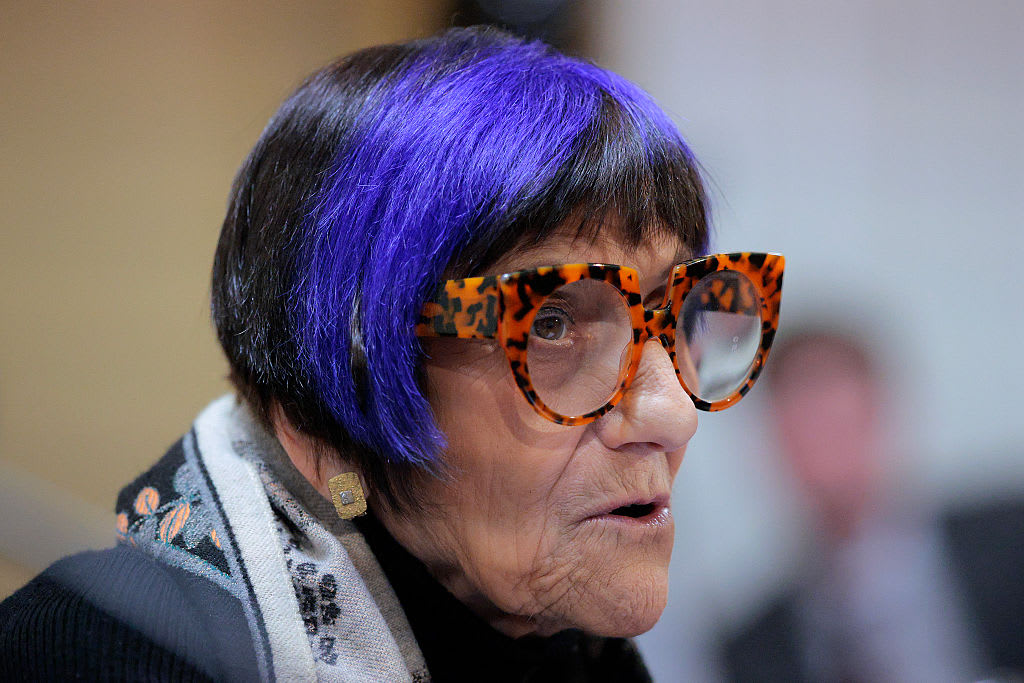
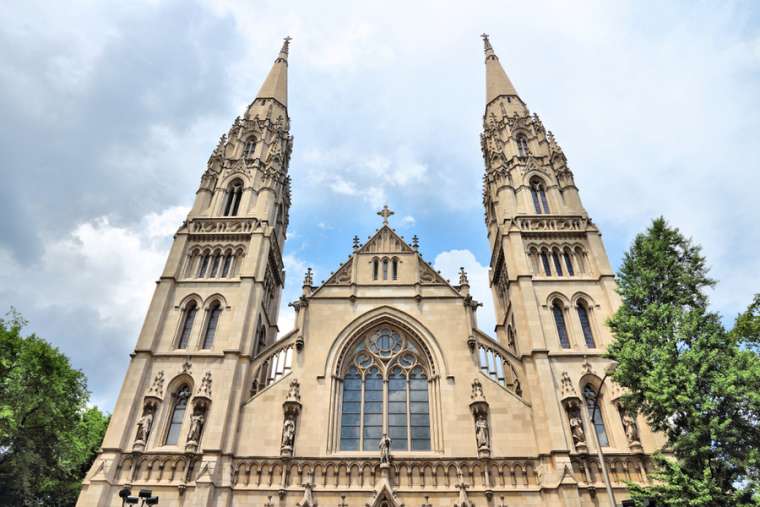
Parishioners learned that seven churches will be closed in March due to financial constraints and lower Mass attendance.
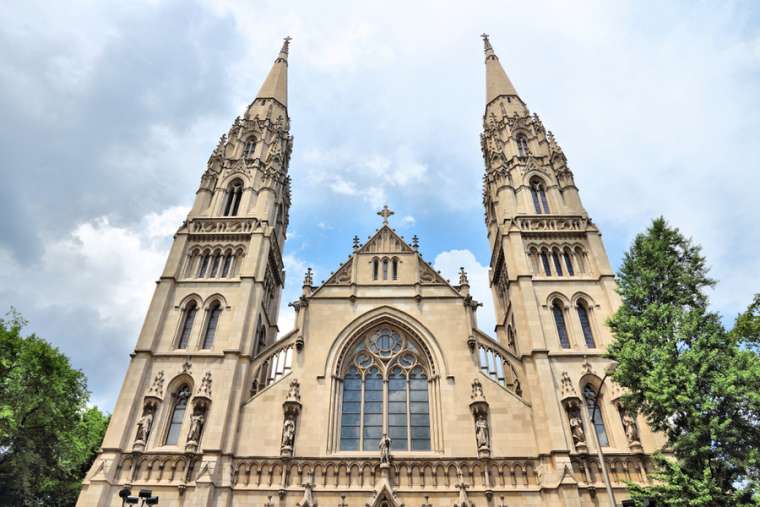
![BREAKING: Bishop Rhoades expresses ‘strong opposition’ to professor’s appointment at Notre Dame #Catholic Fort Wayne-South Bend, Indiana, Bishop Kevin Rhoades on Feb. 11 expressed “dismay” and “strong opposition” to the University of Notre Dame’s appointment of a pro-abortion professor to a leadership position at the school, with the bishop urging the university to “make things right” and rescind the appointment. Notre Dame has been at the center of controversy since early January when it named global affairs Professor Susan Ostermann as director of the school’s Liu Institute for Asia and Asian Studies. Ostermann is an outspoken pro-abortion advocate who has regularly criticized the pro-life movement, up to and including linking it to white supremacy and misogyny. The university has come under fire for the appointment, including from Catholic advocates and pro-life students at Notre Dame. Bishop urges school to retract appointmentIn his Feb. 11 statement, Rhoades — whose diocesan territory includes the university — said that since the controversy began he has read many of Ostermann’s pro-abortion op-eds and was moved to “express my dismay and my strong opposition to this appointment,” which he said is “causing scandal to the faithful of our diocese and beyond.”Ostermann’s public support of abortion and her “disparaging and inflammatory” criticism of the pro-life movement “go against a core principle of justice that is central to Notre Dame’s Catholic identity and mission,” the prelate said. The professor’s pro-abortion advocacy and her remarks about pro-life advocates “should disqualify her from an administrative and leadership role at a Catholic university,” Rhoades said.While expressing hope that Ostermann would “explicitly retract” her pro-abortion advocacy and change her mind on abortion, the bishop said that the appointment “understandably creates confusion” regarding Notre Dame’s Catholic mission and identity.Leadership appointments “have [a] profound impact on the integrity of Notre Dame’s public witness as a Catholic university,” Rhoades said.The bishop in issuing the letter cited the apostolic constitution Ex Corde Ecclesiae, which directs in part that bishops “have a particular responsibility to promote Catholic universities, and especially to promote and assist in the preservation and strengthening of their Catholic identity.”“I call upon the leadership of Notre Dame to rectify this situation,” Rhoades said. Noting that Ostermann’s appointment is not scheduled to go into effect until July 1, the prelate wrote: “There is still time to make things right.”The university did not immediately respond to a request for comment from EWTN News. Yet the school has defended Ostermann’s appointment since the controversy erupted, telling media that she is “a highly regarded political scientist and legal scholar” who is qualified to lead the Liu Institute. “Those who serve in leadership positions at Notre Dame do so with the clear understanding that their decision-making as leaders must be guided by and consistent with the university’s Catholic mission,” the school said. Among criticism from both within and without the school, at least two scholars have resigned their position at the Asian studies institute in response to the appointment. Robert Gimello, a research professor emeritus of theology who is an expert on Buddhism, told the National Catholic Register that his “continued formal association with a unit of the university led by such a person is, for me, simply unconscionable.”Diane Desierto, a professor of law and of global affairs, also told the Register that she had cut ties with the institute over the appointment. BREAKING: Bishop Rhoades expresses ‘strong opposition’ to professor’s appointment at Notre Dame #Catholic Fort Wayne-South Bend, Indiana, Bishop Kevin Rhoades on Feb. 11 expressed “dismay” and “strong opposition” to the University of Notre Dame’s appointment of a pro-abortion professor to a leadership position at the school, with the bishop urging the university to “make things right” and rescind the appointment. Notre Dame has been at the center of controversy since early January when it named global affairs Professor Susan Ostermann as director of the school’s Liu Institute for Asia and Asian Studies. Ostermann is an outspoken pro-abortion advocate who has regularly criticized the pro-life movement, up to and including linking it to white supremacy and misogyny. The university has come under fire for the appointment, including from Catholic advocates and pro-life students at Notre Dame. Bishop urges school to retract appointmentIn his Feb. 11 statement, Rhoades — whose diocesan territory includes the university — said that since the controversy began he has read many of Ostermann’s pro-abortion op-eds and was moved to “express my dismay and my strong opposition to this appointment,” which he said is “causing scandal to the faithful of our diocese and beyond.”Ostermann’s public support of abortion and her “disparaging and inflammatory” criticism of the pro-life movement “go against a core principle of justice that is central to Notre Dame’s Catholic identity and mission,” the prelate said. The professor’s pro-abortion advocacy and her remarks about pro-life advocates “should disqualify her from an administrative and leadership role at a Catholic university,” Rhoades said.While expressing hope that Ostermann would “explicitly retract” her pro-abortion advocacy and change her mind on abortion, the bishop said that the appointment “understandably creates confusion” regarding Notre Dame’s Catholic mission and identity.Leadership appointments “have [a] profound impact on the integrity of Notre Dame’s public witness as a Catholic university,” Rhoades said.The bishop in issuing the letter cited the apostolic constitution Ex Corde Ecclesiae, which directs in part that bishops “have a particular responsibility to promote Catholic universities, and especially to promote and assist in the preservation and strengthening of their Catholic identity.”“I call upon the leadership of Notre Dame to rectify this situation,” Rhoades said. Noting that Ostermann’s appointment is not scheduled to go into effect until July 1, the prelate wrote: “There is still time to make things right.”The university did not immediately respond to a request for comment from EWTN News. Yet the school has defended Ostermann’s appointment since the controversy erupted, telling media that she is “a highly regarded political scientist and legal scholar” who is qualified to lead the Liu Institute. “Those who serve in leadership positions at Notre Dame do so with the clear understanding that their decision-making as leaders must be guided by and consistent with the university’s Catholic mission,” the school said. Among criticism from both within and without the school, at least two scholars have resigned their position at the Asian studies institute in response to the appointment. Robert Gimello, a research professor emeritus of theology who is an expert on Buddhism, told the National Catholic Register that his “continued formal association with a unit of the university led by such a person is, for me, simply unconscionable.”Diane Desierto, a professor of law and of global affairs, also told the Register that she had cut ties with the institute over the appointment.](https://unitedyam.com/wp-content/uploads/2026/02/breaking-bishop-rhoades-expresses-strong-opposition-to-professors-appointment-at-notre-dame-catholic-fort-wayne-south-bend-indiana-bishop-kevin-rhoades-on-feb-11-expres-scaled.jpg)
Notre Dame has been at the center of controversy since early January when it named global affairs Professor Susan Ostermann as director of the school’s Liu Institute for Asia and Asian Studies.
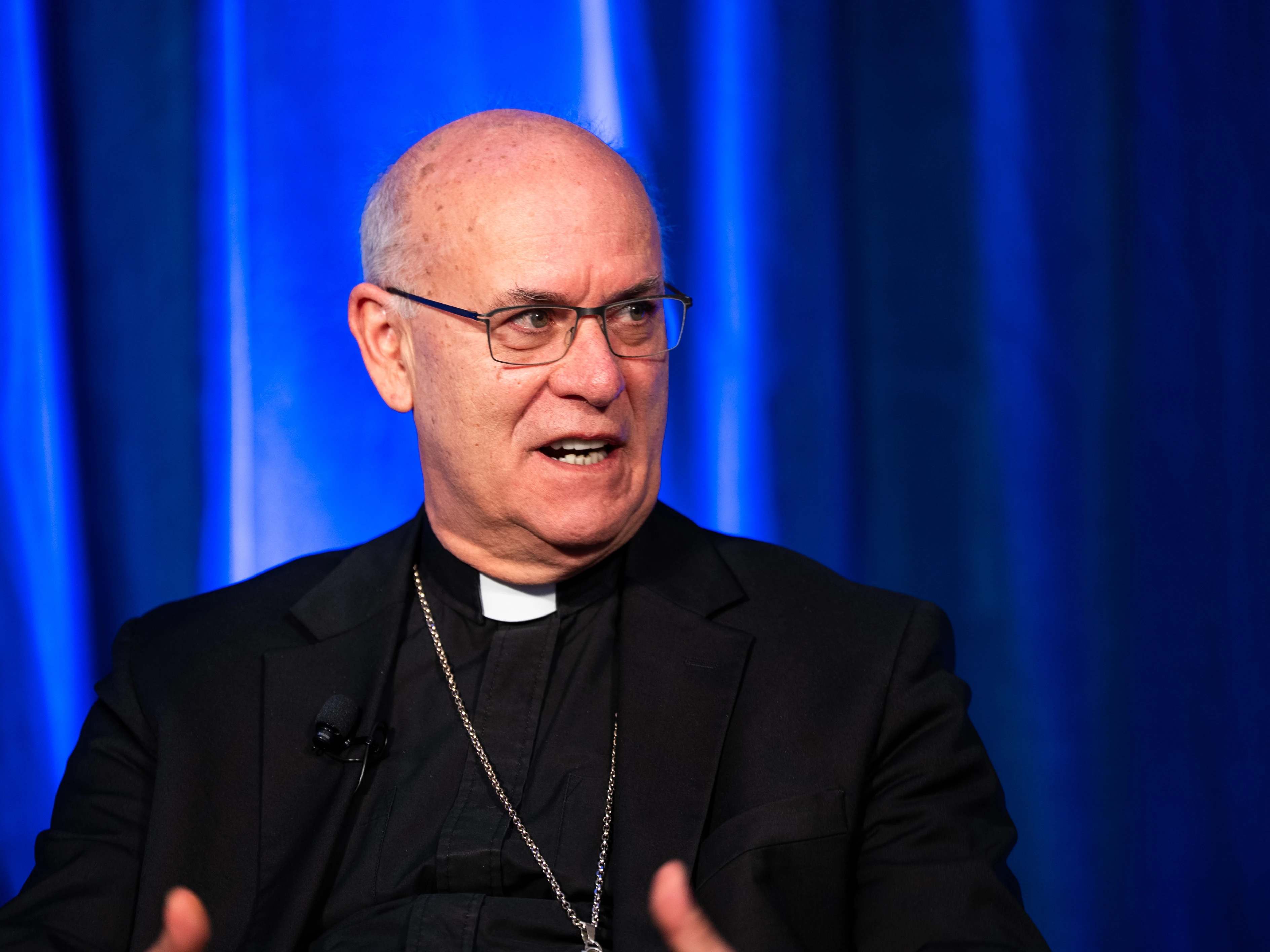
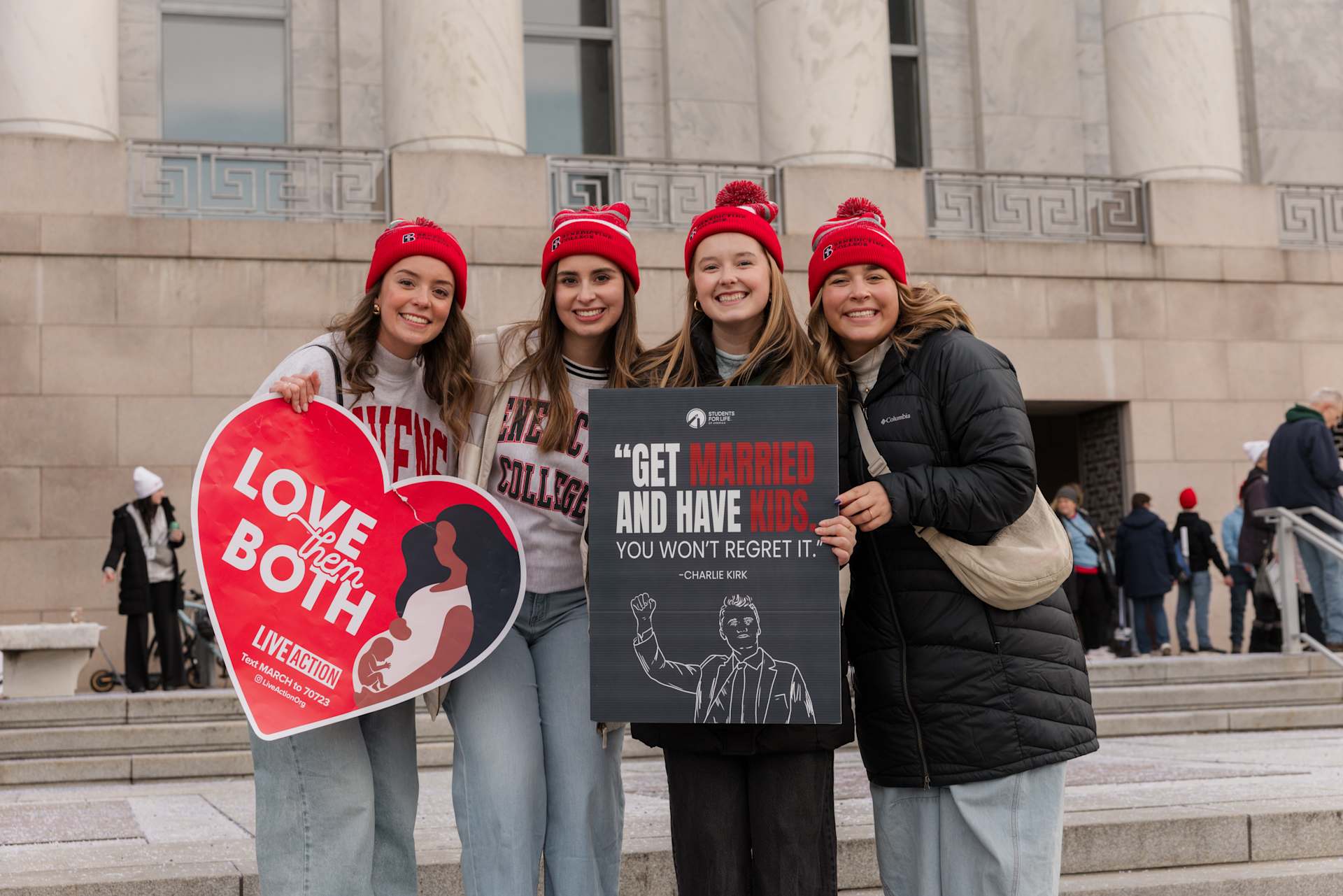
Some Catholic colleges ranked among the best for pro-life support for women, while others were among the worst for their ties to abortion clinics, according to a new report.
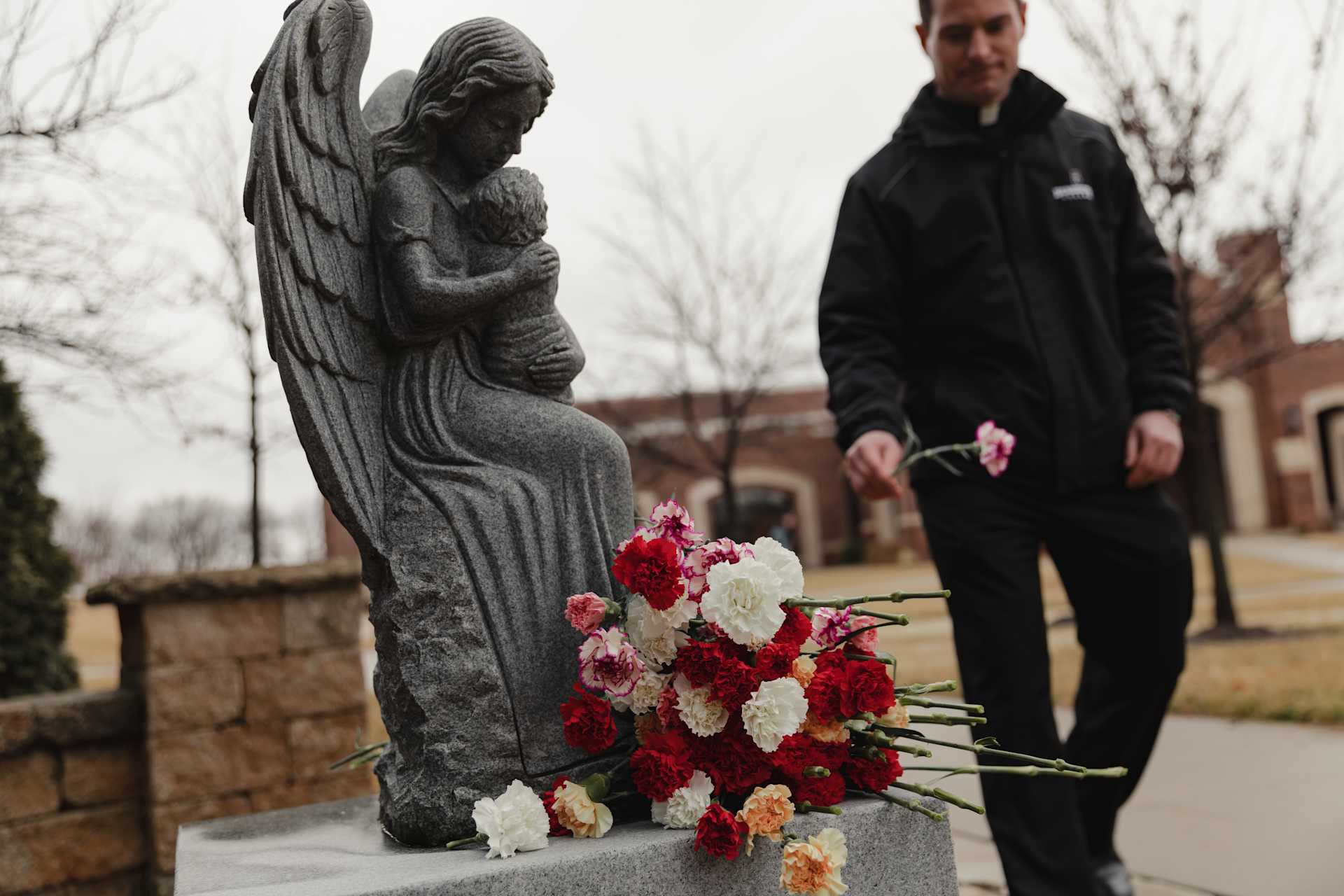


Second Lady Usha Vance hosted a special Summer Reading Challenge event at NASA’s Johnson Space Center in Houston on Aug. 4, 2025. She was joined by NASA astronaut Suni Williams to read a space-themed book to children in grades K-8 as part of her initiative to promote literacy.
Read More